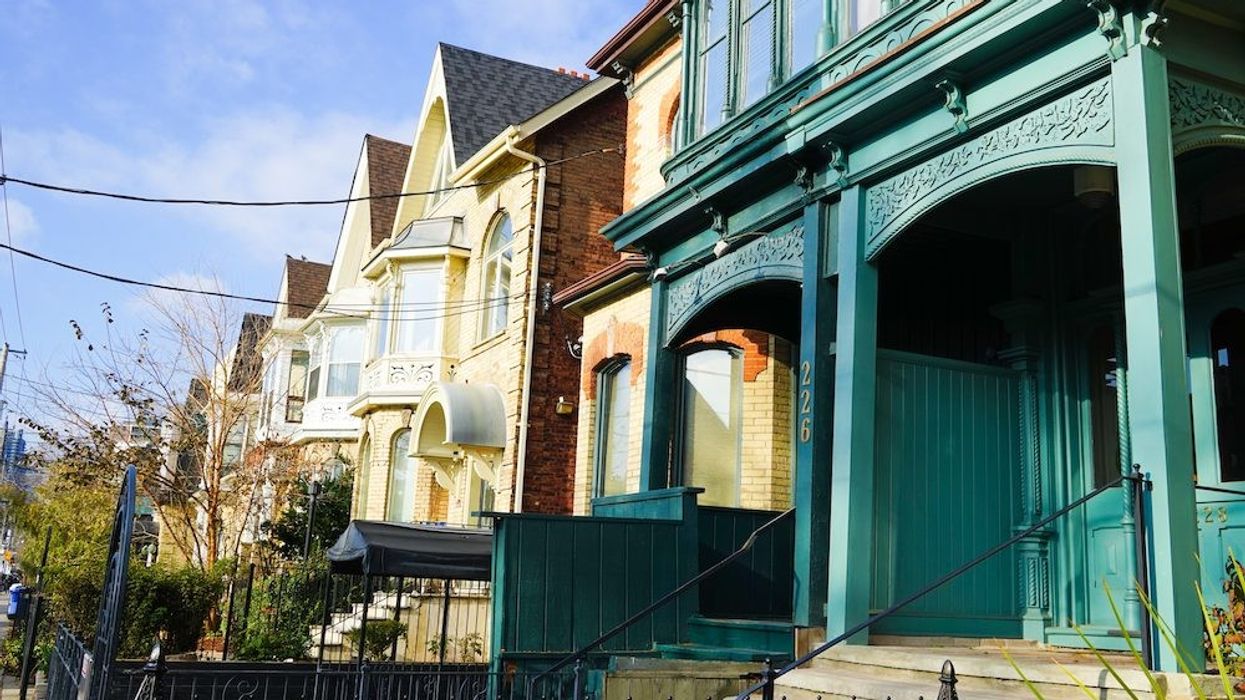The national housing market has entered a bona fide cooling period, with benchmark Canadian home prices set to plunge even further before the current downward trend is through, according to a prominent economist.
In comments made during the bank-produced The Real Pulse podcast, Robert Hogue, RBC’s Assistant Chief Economist, said additional downward pressure is to come for home prices, given the “huge role” rising policy interest rates have played in softening the market since March.
“In our opinion, if we look at benchmark prices… from peak to trough, we are looking at somewhere around 12 - 13% [decline] on a national level, and obviously a bit more at the local level, with the GTA for example, seeing some more significant price declines. That’s already on the way,” he said to host Nurit Altman.
“Depending on what part of the country we’re talking about, good parts of Ontario and some parts of BC, we’re seeing now three, up to four months of month-to month-price declines and we think that’s probably just the beginning.”
According to the Canadian Real Estate Association, national home prices fell on a year-over-year basis in July for the first time since May of 2020, down 1.8% to an average of $665,850, as sales plunged 23.9%.
However, Hogue points out, while price decline will add up to a “fairly significant correction” on a national basis, the extent of price corrections will be varied across Canada, due to a “de-coupling” of markets following two years of mostly synchronized activity and demand during the pandemic. Markets like Atlantic Canada, he points out, are due to see less of a correction given their already-lower price point affordability.
“So varied pressure going forward. Overall, a pretty significant correction, though not a collapse,” he says. “There are still some fundamental factors that will support or create what I would characterize as a safety net under the Canadian housing market, but nonetheless, a fairly significant correction.”
However, while home prices are set to steadily decline, they’ll remain a far cry from being considered “affordable”, especially in the largest urban centres like Toronto and Vancouver; Hogue says things are unfortunately “quite dim” there.
READ: Sorry, But Even a Canadian House Price Crash Won't Make Housing Affordable
“The type of price correction that would make Toronto affordable would be very significant, which is something that is not our base case,” he says. But, “nonetheless will contribute that, plus more supply, will eventually contribute to some improvement on the affordability side.”





















